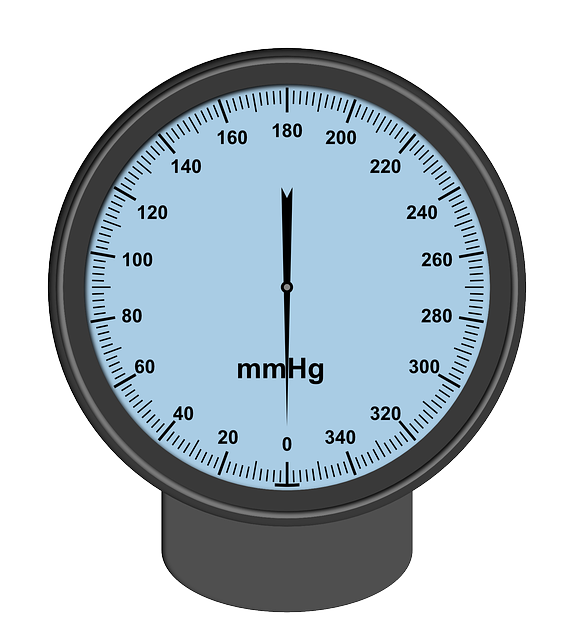Liver Function Tests (LFTs) in the UK, which include measuring vitamin D levels, are vital for assessing liver health. A UK Vitamin D Blood Test is a key tool for doctors to diagnose and manage deficiencies or excesses of 'sunshine vitamin' Vitamin D, crucial for fat metabolism, immune modulation, and protecting liver cells from damage. Accurate interpretation of LFTs, considering contextual factors like medications and alcohol consumption, combined with vitamin D blood tests, helps healthcare providers make informed decisions about patient care, especially regarding liver diseases linked to vitamin D deficiency.
In the realm of healthcare, liver function tests (LFTs) are essential tools for assessing hepatic health. This comprehensive guide delves into the intricacies of LFTs, with a focus on their role in diagnosing and managing liver-related issues. Specifically, we explore the significance of vitamin D in liver wellness, as highlighted by recent UK research. Additionally, this article provides a practical guide for healthcare providers on interpreting LFT results, empowering professionals to make informed decisions.
- Understanding Liver Function Tests: A Comprehensive Overview
- The Role of Vitamin D in Liver Health: What Medical Professionals Need to Know
- Interpreting Liver Function Test Results: A Practical Guide for Healthcare Providers
Understanding Liver Function Tests: A Comprehensive Overview
Liver function tests (LFTs) are a crucial set of blood assessments that provide vital insights into the health and performance of the liver, the UK’s primary organ for detoxification. These tests measure various enzymes and proteins produced by the liver, helping medical professionals diagnose and monitor liver conditions effectively. LFTs are often included in routine blood panels, offering a comprehensive overview of liver health, which is essential for maintaining overall well-being.
In the UK, one common indicator often measured is vitamin D levels, as the liver plays a significant role in the metabolism of this essential nutrient. A UK Vitamin D Blood Test forms part of the LFTs, ensuring that medical professionals can identify and address vitamin D deficiencies or excesses, which can have far-reaching implications for overall health. This holistic approach to assessing liver function enables doctors to make informed decisions, ultimately fostering better patient outcomes.
The Role of Vitamin D in Liver Health: What Medical Professionals Need to Know
Vitamin D, often referred to as the ‘sunshine vitamin’, plays a pivotal role in maintaining optimal liver health. In the UK, where Vitamin D deficiency is prevalent due to limited sunlight exposure, assessing liver function must include considering this essential nutrient. Medical professionals should be aware that adequate levels of Vitamin D are crucial for various liver-related processes. It aids in fat metabolism, immune modulation, and maintaining the integrity of liver cells, thereby reducing the risk of chronic liver diseases.
A UK Vitamin D Blood Test is a valuable tool to identify deficiencies, especially in individuals with liver concerns. This simple test can help professionals make informed decisions regarding patient care. By understanding the relationship between Vitamin D and liver health, medical practitioners can offer tailored recommendations, such as supplementation or lifestyle changes, to support liver well-being and potentially prevent or manage liver-related conditions effectively.
Interpreting Liver Function Test Results: A Practical Guide for Healthcare Providers
Interpreting Liver Function Test (LFT) results accurately is crucial for healthcare providers to make informed decisions about patient care, especially when considering conditions like liver disease or vitamin D deficiency in the UK. LFTs measure various enzymes and proteins that provide insights into liver health. Elevations in alanine aminotransferase (ALT), aspartate aminotransferase (AST), or gamma-glutamyl transferase (GGT) levels often indicate liver injury or inflammation. However, healthcare providers must consider contextual factors, such as medications, alcohol consumption, and underlying medical conditions, which can affect LFT results.
For instance, vitamin D blood tests are increasingly integrated into LFT interpretations. Vitamin D deficiency is associated with hepatic steatosis and other liver issues. Elevated GGT levels, a common finding in LFTs, may be indicative of both alcohol abuse and vitamin D insufficiency. Therefore, healthcare providers should not only look at isolated enzyme levels but also interpret results within the clinical context. Comprehensive analysis enables the effective diagnosis and management of conditions affecting liver function, ensuring tailored patient care.
Liver function tests and understanding their interpretation are vital skills for medical professionals. Combining this knowledge with the role of vitamin D in liver health, as highlighted by the UK Vitamin D Blood Test, enables healthcare providers to offer comprehensive care. By utilising these tools effectively, practitioners can identify liver issues early, facilitate accurate diagnoses, and tailor treatments accordingly, ultimately enhancing patient outcomes.
